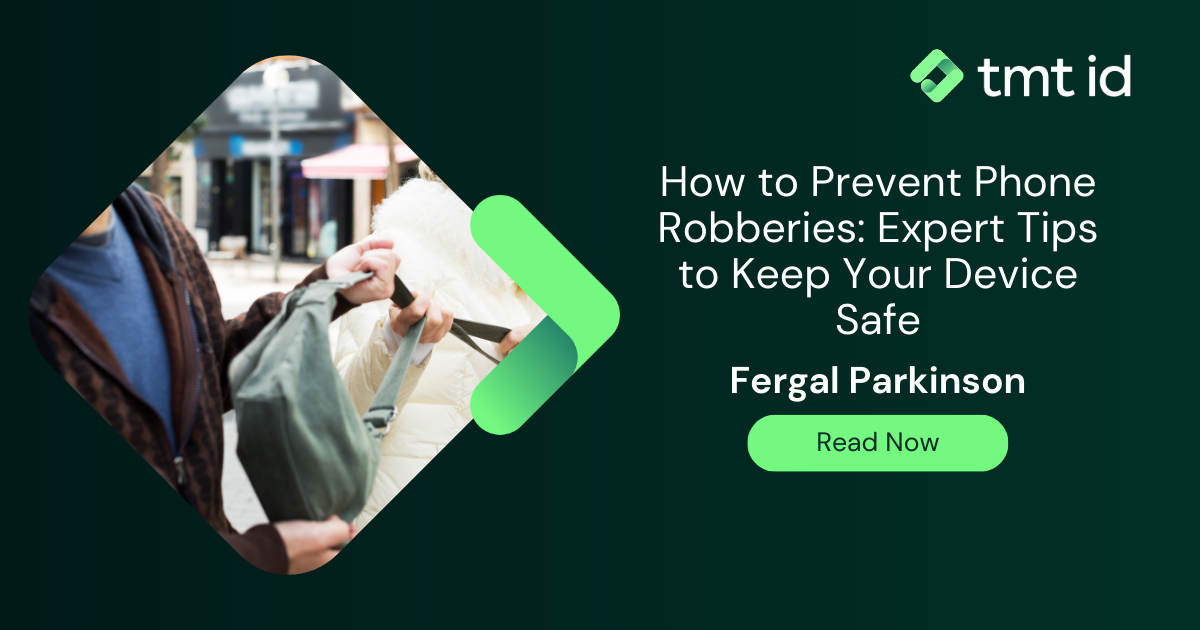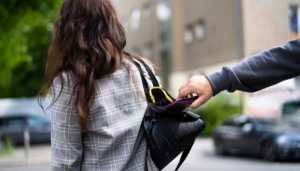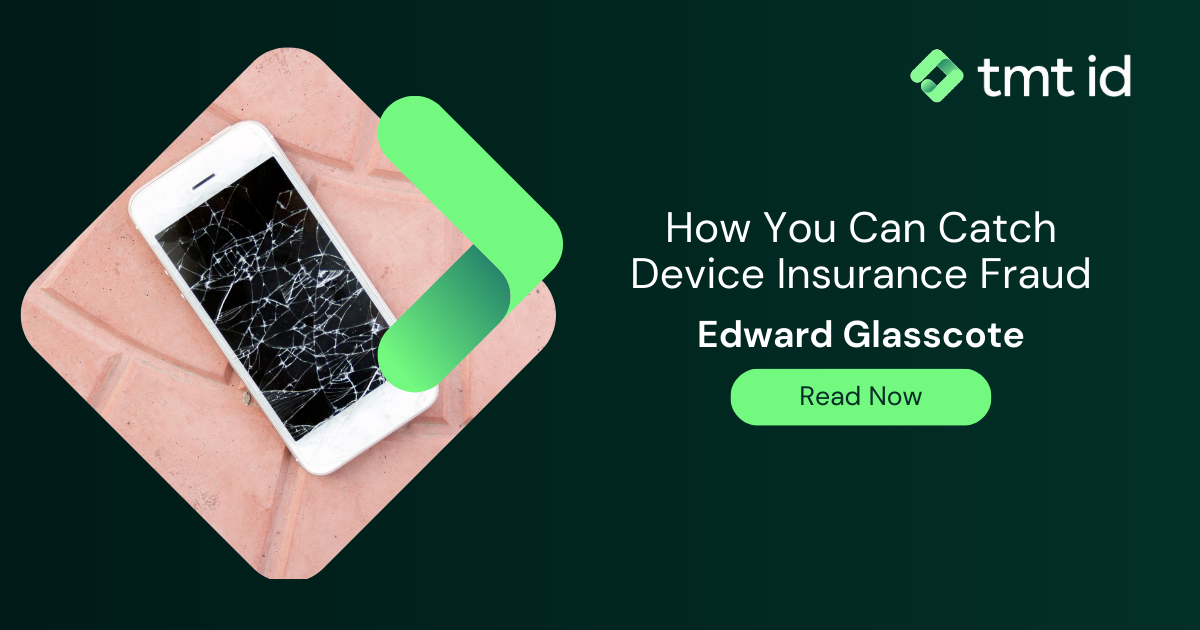
It’s become a familiar scenario for anyone living in or just visiting a modern European city: a pedestrian is walking down the busy street, scrolling their phone, when a pair of balaclava-clad muggers on a scooter or electric bicycle zoom past and the pillion passenger snatches their handset.
They are out of sight before their victim has fully understood what just happened.
If this happens to you, and you’re lucky – relatively speaking – the thieves will then stuff your phone into a freezer bag. This acts to block its signal so it can’t be traced, by you or the police. And this indicates their likely intention to simply sell the handset. It will probably then be shipped overseas – Algeria is a popular destination. And they will hack past your PIN controls to reset it and then sell it on. The original thieves might get £50-100 for their part in this.
But if it’s really your unlucky day they won’t see your phone as an end in itself but as a means – a means to steal a whole lot more from you.
Don’t get me wrong – they will still eventually sell your handset too. But first, they will hack into all the apps they think might be useful to them. Primarily this means any banking app. They will empty any accounts with cash and may even borrow money in your name.
Take the recent case of Londoner NIall McNamee. He was travelling on the London Underground when a thief on the platform expertly snatched his phone from his hand just as the train doors closed. But that infuriating loss was just the beginning of his problems. Because two days later the 30-year-old actor discovered his bank accounts had been drained by £21,000 – including a £7,000 loan that thieves had audaciously taken out in his name.
“It used to be that people stole a phone so they could sell it,” Mr McNamee later told the BBC. “Now it seems they are stealing phones so they can get into all of your data and take money.”
And McNamee is not alone: in the UK there are now an estimated 200 such snatches every day, according to Home Office figures. But it’s not just a British phenomenon: an investigation by The Times recently found it’s occurring right across Europe. Their research revealed that London, where I live, is Europe’s phone snatch capital but other continental cities are not far behind. In fact, both Barcelona and Madrid are even worse when adjusted for population – with Paris, Valencia, Copenhagen and Dublin also figuring prominently. It’s even happening in relatively tiny Reykjavik.
The problem is bad everywhere – and it’s getting worse.
So what can you do to protect yourself?
Well, I work in mobile phone security, protecting companies and individuals globally against phone scammers, fraud and the like. And the bad news is that there is currently no tech-based solution to all this. Because obviously a phone snatcher can’t be blocked like a number can.
So yes, as the police in all these cities will tell you: take care. Don’t walk around with your head in your phone and your phone on display. Don’t make yourself a target.
But, of course, however much we intend to stick to this good behaviour guidance, there are always reasons why we don’t. You’re just coming out of the metro and you want to check your WhatsApp to see if your friend is on time. You need Citymapper or Google Maps to navigate to the meeting point. And, in this moment, you have made yourself a target. We all do this, inevitably.
But the good news is there ARE a couple of easy hacks to protect yourself from the worst of this, simple preventative steps you can take to stop yourself ending up £20,000 down like Niall MacNamee became. Very simple steps.

First and foremost – make sure your phone locks as quickly as possible.
Set your screen lock to come on in the minimum time available. On an iPhone, this is currently 30 seconds. On some Android handsets, it can be as short as 15.
And why is this basic step so useful?
Because the muggers are usually perched perilously on the back of a speeding bike – or they are on foot and running.
And they want your phone to be active to be able to rob you easily. If it’s still unlocked once they have made their getaway then they can reset the PIN and mess about with it at their leisure, getting into all your apps, intercepting those one-time passwords, two-step verifications and other protections that will no longer work.
But if by the time they’ve ridden around the corner or sprinted out of the station they find the phone has automatically locked then in all likelihood they will just give up on trying to ruin your life by cleaning you out financially. Instead, they’ll move on to the next guy whose screen lock setting is a more sedate two or three minutes. And your phone will just be sold rather than ransacked.
And the other step to take today? Activate facial recognition on as many apps as your phone allows. Particularly banking or finance functions. And why? Because the requirement for your face and not the thieves’ will slow them down some more.
Then finally, there is one key thing to remember if you ever are a victim – and to do as soon as you possibly can: borrow someone’s phone and report it.
People passing when you are mugged will probably have seen what’s just happened and rush to see if you are alright. So ask one of them then and there: “Can I borrow your phone please?”
Then call your mobile network supplier – Vodafone, O2, Three, whichever it is – and report your number and phone as stolen. This will see your number added to a lost and stolen database run by GSMA – the global trade association for mobile phone companies. And, crucially, the mobile network will also block your SIM – making the network inaccessible from your handset. They should do this immediately and this will greatly inhibit the thieves’ timeframe for further criminal activity on your account.
So that’s it.
It’s a simple but surprisingly effective two-step strategy – with a third step if you are ever targeted. It takes just a few minutes to make these changes and it’s only a very minor inconvenience to have to open your phone more often. And it offers a layer of protection that you currently can’t get any other way.
But I’m continually surprised by how few people have realised this: almost everyone I speak to about it has their settings on much longer windows – and don’t maximise facial recognition use.
And those who are mugged often wait hours or even days to tell their phone company.
So they’re helping the muggers out.
The phone companies are currently looking at more tech-based solutions: sensors that lock a phone when they detect that it may have just violently changed hands. But until such solutions are rolled out, this strategy is the strongest protection you can get.
You’d be mad to walk around any city without it.
Last updated on April 1, 2025



Mobile network data offers the opportunity to check whether a number has been flagged as lost or stolen before you authorise transactions
Check out VerifyWe provide the most comprehensive device, network and mobile numbering data available
Contact us > Chat to an expert >